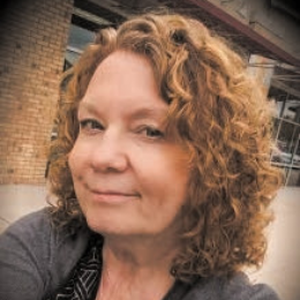
Great nonprofits tell stories that inspire action.
A skilled communicator can harness the power of storytelling and make it work for you in messaging that inspires behavior change in your audience. My depth of experience in supporting nonprofits' writing needs from fundraising and marketing to local and national research reports, combined with award-winning writing talent, give you someone who is a quick study and understands how to turn messaging into something audiences respond to.
- 2nd runner-up, Copyblogger's "A Celebration of Terrific Content" national writing contest [article]
- Research reports for Ad Council, Allianz Foundation, Bertelsmann Stiftung, The Benter Foundation, Points of Light Foundation and many others.
- Multiple awards for PR writing, Public Relations Society of America - Hoosier Chapter
- First place, Best Article on Credit Union Uniqueness, Credit Union National Association
- Certified Content Marketer, Copyblogger
